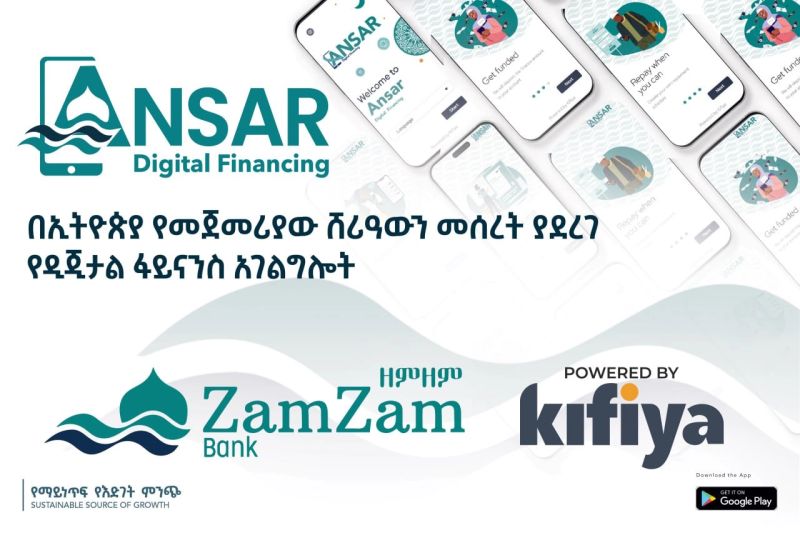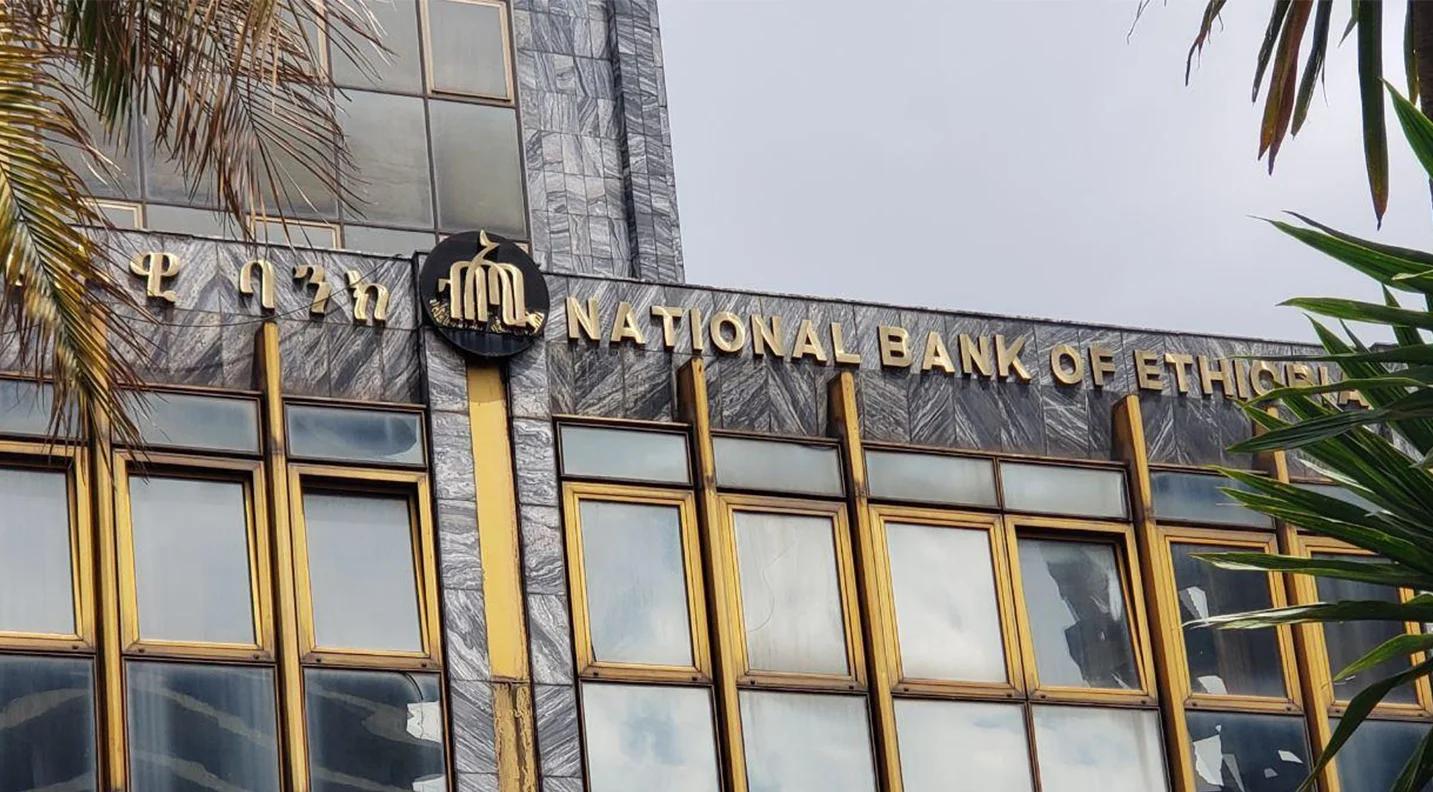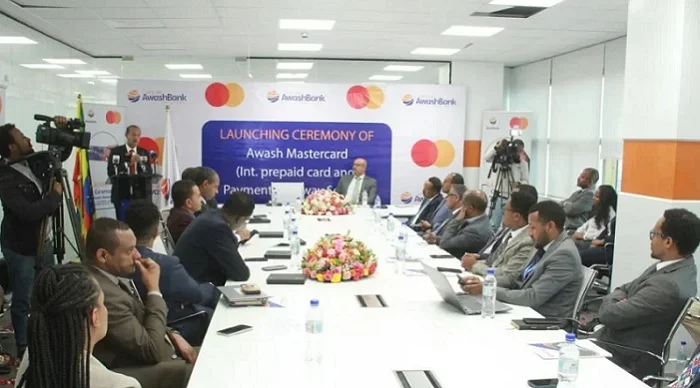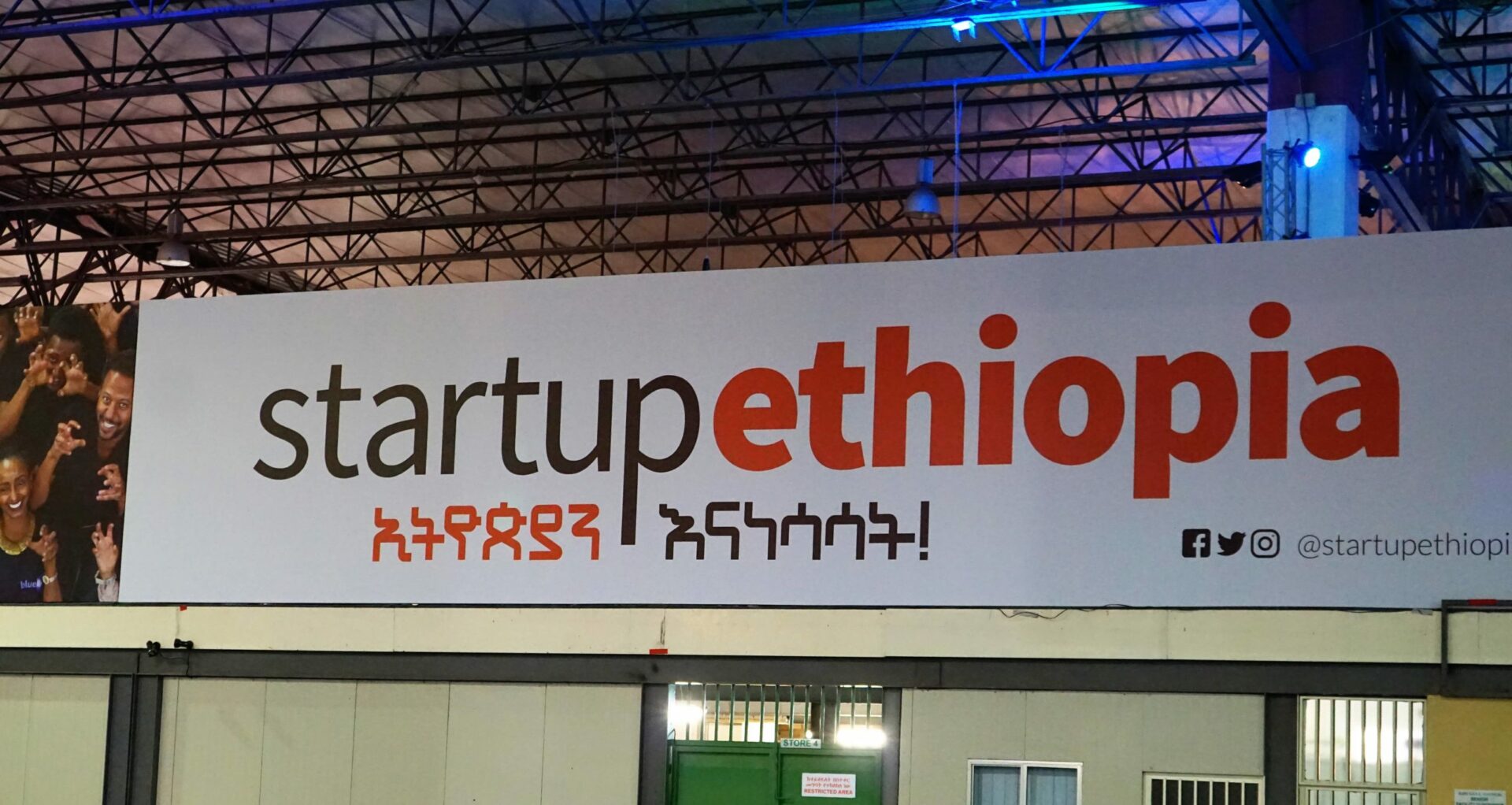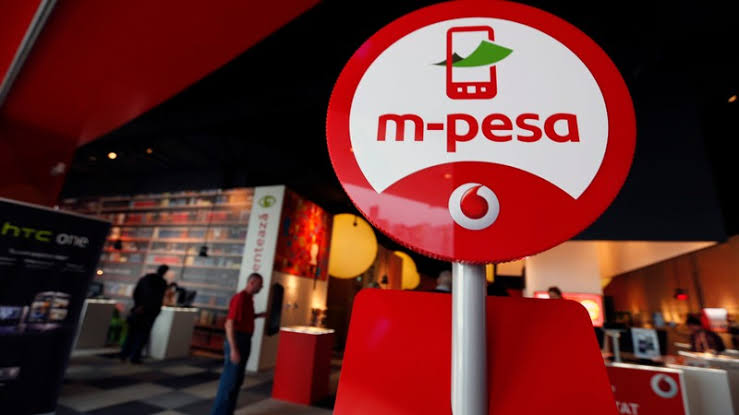Ethiopia has entered a new era in financial innovation with the launch of Ansar Digital Financing, the country’s first fully Sharia-compliant digital financing service. Developed by ZamZam Bank in partnership with Kifiya Financial Technology, this initiative addresses financial inclusion challenges by targeting underserved groups, including Micro, Small, and Medium Enterprises (MSMEs), women entrepreneurs, and informal sector workers.
Read also: Ethiopia opens its economy to foreign bank investments for the first time
Breaking barriers to financial inclusion
Melika Bedri, CEO of ZamZam Bank, noted that the Ansar service is designed to improve financial access for groups that have historically faced barriers in accessing formal financial services. The platform offers a range of financing solutions without requiring collateral, enabling users to apply for loans between ETB 2,000 and 100,000 through the Ansar mobile application or by opening an account with ZamZam Bank.
By focusing on women and small businesses, Ansar aims to foster economic empowerment and growth in Ethiopia’s underserved communities, reinforcing ZamZam Bank’s commitment to inclusive financial solutions.
Leveraging technology for ethical banking
The platform integrates cutting-edge technology provided by Kifiya Financial Technology to streamline the user experience. Intelligent Financial Services, powered by artificial intelligence and alternative data analytics, ensures fast, secure, and personalized financial services tailored to customers’ needs.
Hayat Abdulmalik, Deputy CEO of Kifiya Financial Technologies, highlighted the transformative potential of Ansar Digital Financing, stating that the platform aligns with Ethiopia’s broader goals of enhancing access to ethical finance. The collaboration between Kifiya and ZamZam Bank underscores the role of technology in overcoming traditional banking limitations and promoting equitable access to financial resources.
Read also: NIB, Mastercard partner to boost financial inclusion, digital transactions in Ethiopia
ZamZam Bank’s commitment to growth
As Ethiopia’s first full-fledged interest-free bank, ZamZam Bank serves over 500,000 customers through its network of 87 branches. The launch of Ansar is part of the bank’s broader mission to provide innovative, Sharia-compliant financial products that cater to Ethiopia’s diverse population.
The initiative reflects ZamZam Bank’s vision of becoming a leader in inclusive banking and ethical finance by 2030. Through strategic partnerships and a focus on community development, the bank continues to redefine banking standards in Ethiopia while promoting sustainable economic growth.
The Ansar service represents a significant achievement in Ethiopia’s financial landscape, setting a precedent for integrating advanced technology with ethical banking practices to drive financial inclusion and national development.
